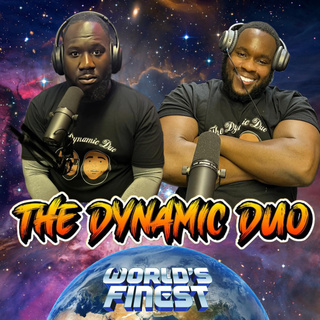Must Read
The Royal Rumble: Meghan Markle, Piers Morgan, and the Battle for Titles
In the world of royal drama, few stories captivate quite like the ongoing saga between Meghan Markle and Piers Morgan.
Grab your favorite beverage, settle in, and let's navigate through this latest chapter filled with intrigue, emotion, and a hefty dose of royal tea.
Recently, Meghan, the former Duchess of Sussex, found herself embroiled in controversy after Piers Morgan refused to refer to her as a princess during a live broadcast.
The fallout from this seemingly innocuous comment has ignited a firestorm of discussion, with many questioning the legitimacy of her title and the expectations that accompany it.
To clarify, Meghan is not technically a princess.
Upon marrying Prince Harry, she was granted the title of Her Royal Highness, the Duchess of Sussex.
While many might dream of such a title, it appears that for Meghan, being a duchess falls short of her aspirations for a more regal designation.
This discrepancy has led to heated debates among royal watchers and critics alike.
Supporters of Meghan argue that marrying a prince should grant her princess status.
However, royal titles are complex, and simply marrying into royalty doesn't automatically elevate one's title.
In fact, Meghan relinquished her royal duties—and the accompanying title—when she and Harry stepped back from their roles in the royal family.
Morgan's refusal to label Meghan as a princess wasn't an act of malice but rather a statement grounded in accuracy.
It raises an important question: why is there such a backlash against straightforwardness in a world where truth often gets tangled in personal narratives?
Piers Morgan, a journalist known for his unabashed commentary, has long been a vocal critic of Meghan.
Their relationship, once friendly, soured following her marriage to Harry.
Some speculate that Morgan's critiques stem from feelings of betrayal after Meghan distanced herself from him, while others believe he sees her as a representation of entitlement and hypocrisy.
When Meghan entered royal life, she was welcomed with open arms and great fanfare.
Many believed she would modernize the monarchy and bring a fresh perspective.
But as the pressures of royal duties mounted, she chose to step away, seeking a different path that led her to Hollywood rather than the traditional responsibilities expected of a royal.
The crux of the issue lies in accountability.
Meghan's transition from a working royal to a Hollywood figure raises questions about her commitment to the role she initially embraced.
Rather than adapting to the challenges of royal life, she opted for a dramatic exit, leaving behind a narrative that paints her as a victim of an institution she once aspired to be part of.
This situation transcends the personal feud between Meghan and Morgan; it reflects broader themes of duty and service.
The monarchy is not merely a celebrity status—it's a role steeped in tradition and responsibility.
The public expects royals to serve with dignity, embodying values that resonate with society.
As we observe the contrasting approaches of other royals like William and Kate, who continue to fulfill their duties without complaint, it becomes clear that service is at the heart of true royalty.
They exemplify the idea that being royal is about commitment to the people, not personal gain or fame.
In the end, Morgan's refusal to label Meghan as a princess serves as a reminder that titles come with responsibilities.
You cannot enjoy the perks of royalty while simultaneously distancing yourself from its obligations.
The narrative surrounding Meghan and Harry is complex, but at its core is a fundamental clash between celebrity culture and the ideals of public service.
While opinions on this matter will undoubtedly vary, one thing remains certain: the monarchy, with its rich history and enduring traditions, will continue to thrive, regardless of the personal dramas that unfold within its walls.
As we watch this saga evolve, it prompts us to reflect on the nature of commitment, integrity, and the roles we choose to embrace in life.






























